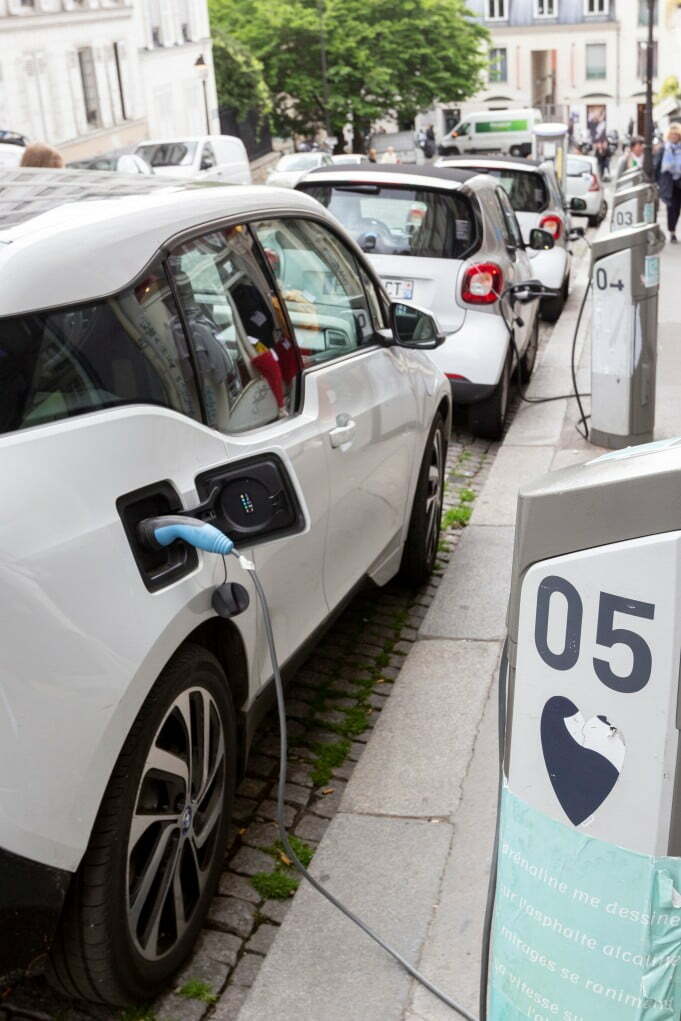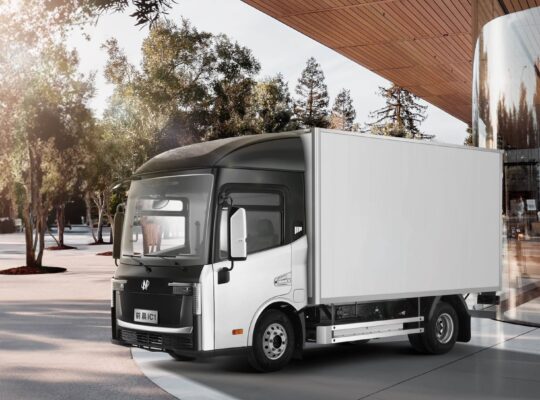Epic milestone for Uni crew and great environmental news as Sunswift 7 becomes the fastest EV in the world…
A team of students from the University of New South Wales (UNSW) in Sydney, Australia, provide today’s most positive environmental news and make the history books in one stroke. The team has achieved the Guinness World Record for ‘Fastest electric vehicle over 1000km on a single charge’ with their Sunswift 7 solar-powered electric vehicle (EV). The team drove 1,000 kilometres (approximately 621 miles) in less than 12 hours, at the Australian Automotive Research Centre (AARC) in Wensleydale, Victoria, with an average speed of nearly 85 kilometres per hour (approximately 53 miles per hour). The team’s achievement has been acknowledged by experts, who have issued an official Guinness World Record certificate to the team.
In a UNSW press release, Sunswift Team Manager and UNSW Sydney mechanical engineering student Andrea Holden commented, “It feels very weird to think that we’ve helped to make something that’s the best in the entire world”.
Sunswift 7 is a solar-powered electric vehicle and is the latest in a line of solar-powered electric vehicles from Sunswift Racing – we would guess that there have been 6 before it. The car weighs only 500 kilograms (approximately 1,102 pounds), about a quarter of the weight of a Tesla. The reduced weight is thanks to the team cutting out typical passenger-vehicle features like airbags and air conditioning. The vehicle’s design has also helped to achieve the low weight and high speed by focusing on aerodynamics, rolling resistance, and the use of smart materials.
The team has worked hard to achieve the world record and has faced numerous challenges, including the COVID-19 pandemic. However, they are thrilled to have been successful and proud of the effort put in by the entire team. The Sunswift Racing team has been building solar-powered electric vehicles in Sydney since 1996, and the Sunswift 7 represents the latest achievement in their work.
While these speedy EVs won’t be available in the conventional car market, the innovations behind them can have an impact beyond racing. According to Team Principal and UNSW Professor of Practice Richard Hopkins, the Sunswift 7 used only 3.8 kilowatt hours of energy for 100 kilometres during the record drive, which is about a quarter of the energy used by the most efficient EVs on the market today. This shows that making cars more efficient, sustainable, and environmentally friendly is possible. Hopkins also believes that the technology used in these vehicles can filter down to regular vehicles and push the boundaries of innovation.
Click here to view the original web page at: Student Group Wins World Record With Speedy, Solar-Powered EV










